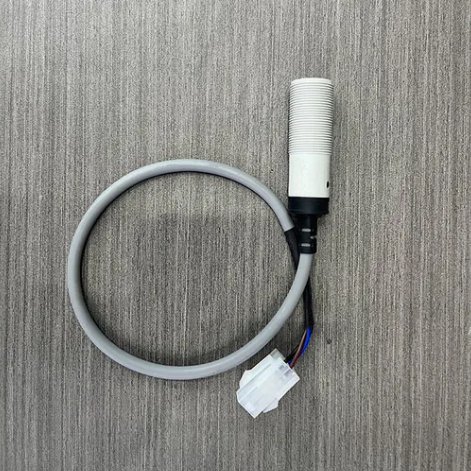
Injection molding is one of the most widely used manufacturing processes in the world today, especially when it comes to producing plastic parts in large volumes with high precision. Understanding the key stages of this process can give you a better appreciation of how everyday items—from bottle caps to automotive components—are made.
In this blog post, we’ll walk you through the 4 essential stages of injection molding, highlighting what happens at each step and why it matters.
1. Clamping – Securing the Mold
Before the actual injection molding begins, the two halves of the mold—called the core and the cavity—must be tightly closed. This is done using the clamping unit of the injection molding machine.
The mold is mounted on the machine’s platens, and powerful hydraulic or mechanical systems apply force to clamp the mold shut. A proper clamping force is essential to prevent material from leaking out during injection, ensuring a clean and accurate mold.
Why it matters: If the mold isn’t clamped properly, it can result in part defects, flashing (excess plastic), or even damage to the mold itself.
2. Injection – Filling the Mold
Once the mold is securely clamped, the injection phase of the injection molding process begins. Plastic pellets are melted in the machine’s barrel using heaters and a rotating screw. This molten plastic is then injected into the mold cavity through a nozzle at high speed and pressure.
This step must be precisely controlled. Too little material or pressure, and the mold won’t fill completely. Too much, and you risk defects like warping or sink marks.
Why it matters: The injection stage determines the part’s shape and internal structure. Accuracy here directly affects the part’s quality.
3. Cooling – Solidifying the Part
After the mold cavity is filled, the molten plastic must cool and harden into its final shape. Cooling channels within the mold help draw heat away from the plastic efficiently.
This stage can take up to 80% of the total cycle time, depending on the part’s thickness and material. During cooling, the plastic will shrink slightly, which is factored into the mold design.
Why it matters: Proper cooling prevents defects like warping, internal stress, or dimensional inaccuracy. A well-cooled part performs better and looks more professional.
4. Ejection – Releasing the Product
Once the part is fully cooled, the mold opens, and the ejection system pushes the finished part out. This is often done with ejector pins or air blasts. Some parts may fall out automatically, while others require mechanical assistance.
The mold then closes again, and the cycle of injection molding repeats.
Why it matters: A smooth ejection process ensures high production speed and avoids damaging the product. Any sticking or dragging can ruin the part and slow down manufacturing.
Final Thoughts
The injection molding process might look simple from the outside, but each of these four stages—clamping, injection, cooling, and ejection—plays a critical role in producing high-quality parts efficiently and consistently.
we specialize in precision injection molding services tailored to your unique product needs. Whether you’re prototyping a new idea or scaling to mass production, our experienced team ensures every stage of the process is optimized for quality and efficiency.
Have questions or a project in mind? Contact us today to learn how our injection molding solutions can bring your ideas to life.
 DTG Mould Trade Process |
|
| Quote: | According to sample, drawing and specific requirement. |
|---|---|
| Discussion | Mold material, cavity number, price, runner, payment, etc. |
| S/C Signature | Approval for all the items. |
| Advance | Pay 50% by T/T |
| Product Design Checking | We check the product design. If some position is not perfect, or can not be done on the mould, we will send customer the report. |
| Mold Processing | Send report to customer once each week |
| Mold Testing | Send trial samples and try-out report to customer for confirmation |
| Mold Modification | According to customer’s feedback. |
| Balance Settlement | 50% by T/T after the customer approved the trial sample and mould quality. |
| Delivery | Delivery by sea or air. The forwarder can be designated by your side. |
 |
|

